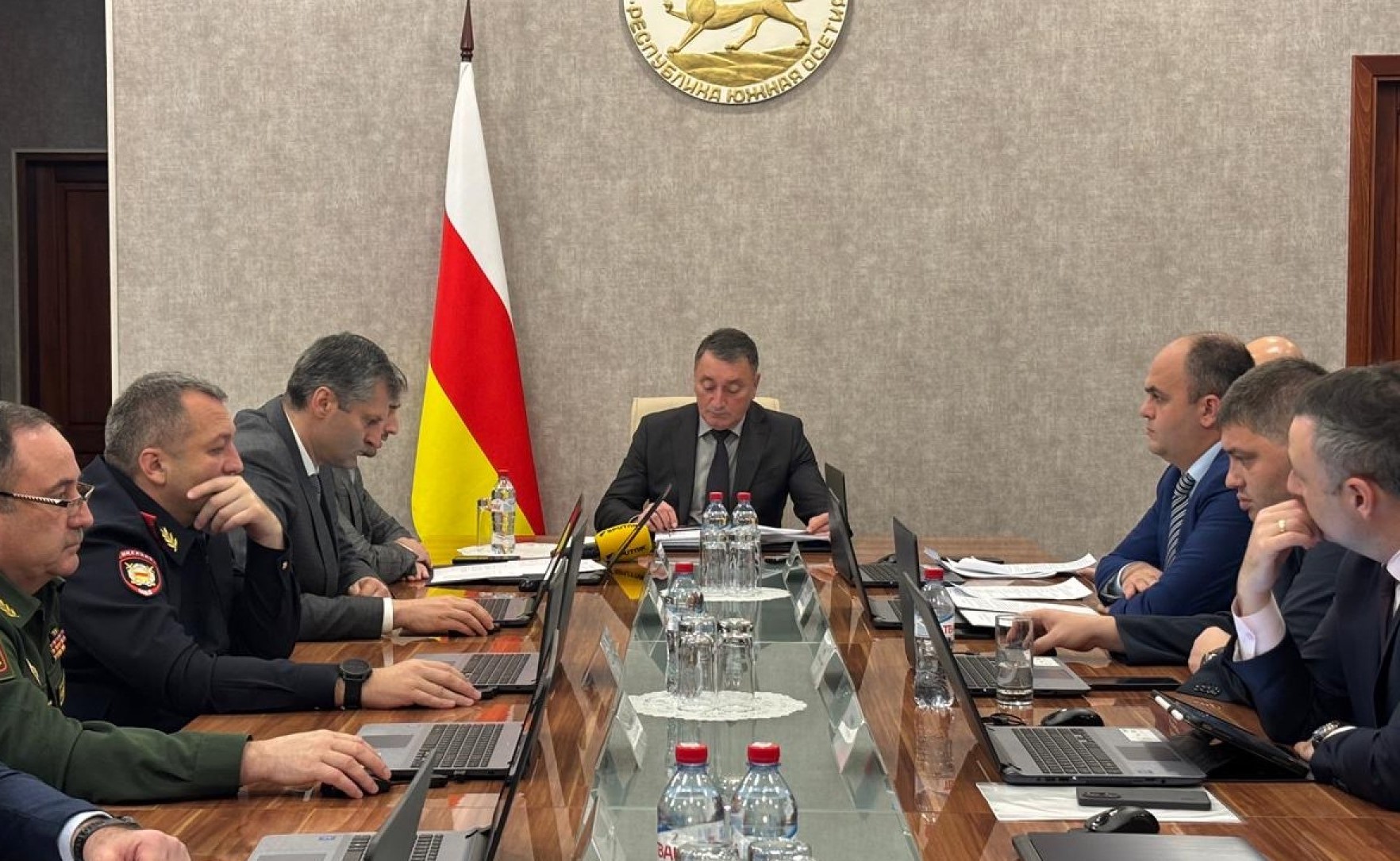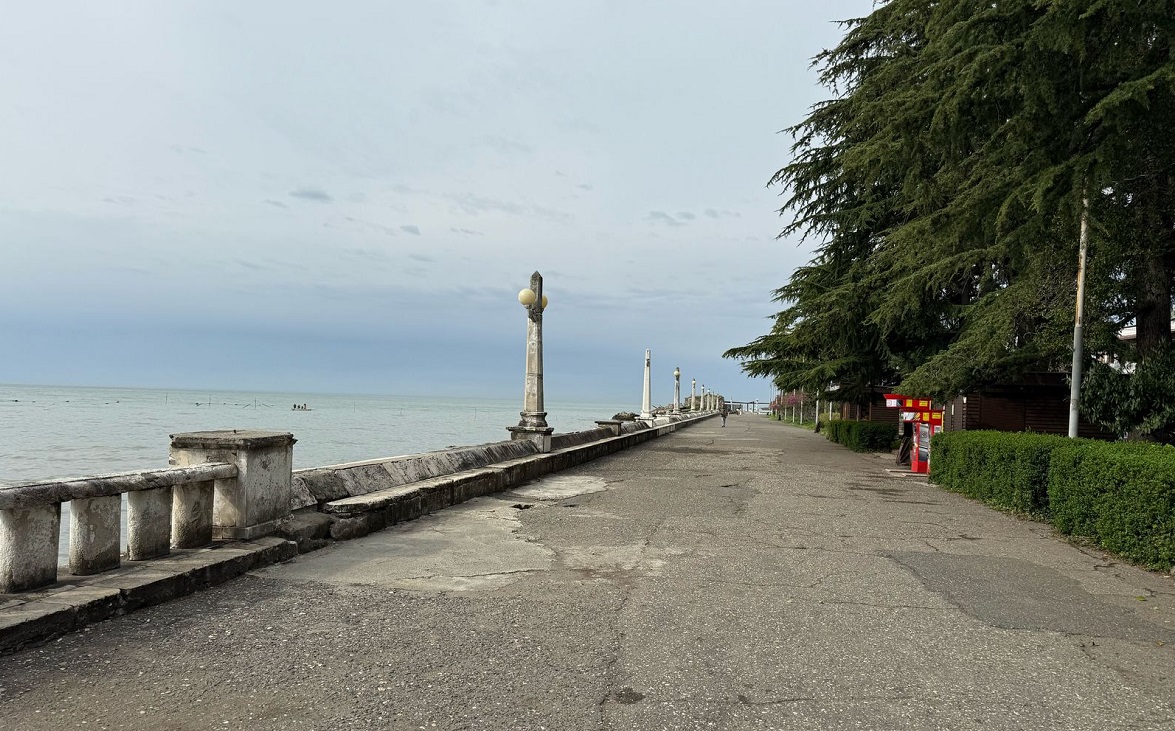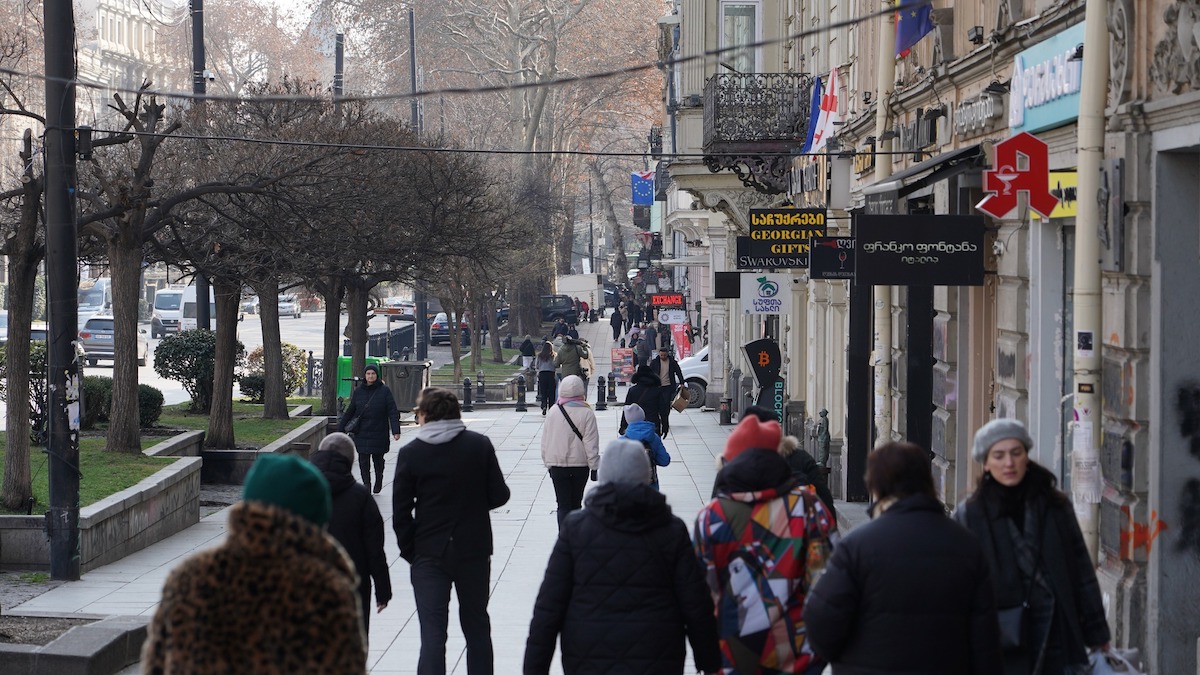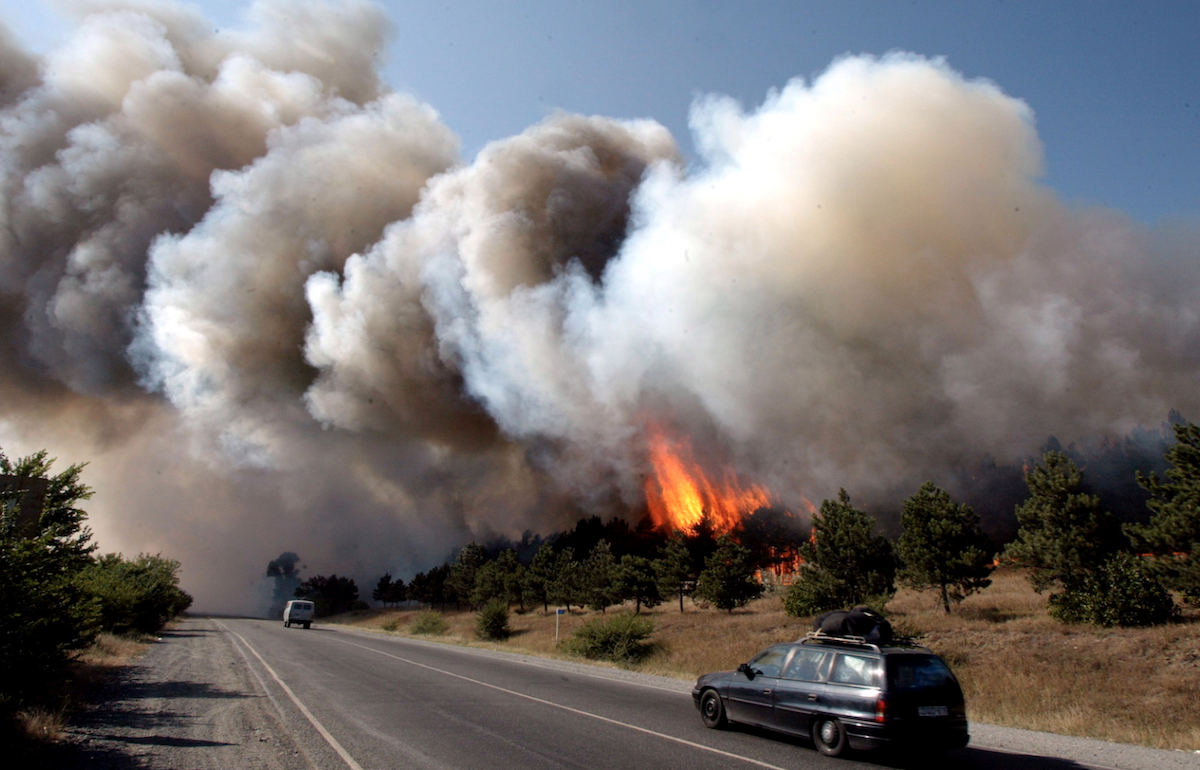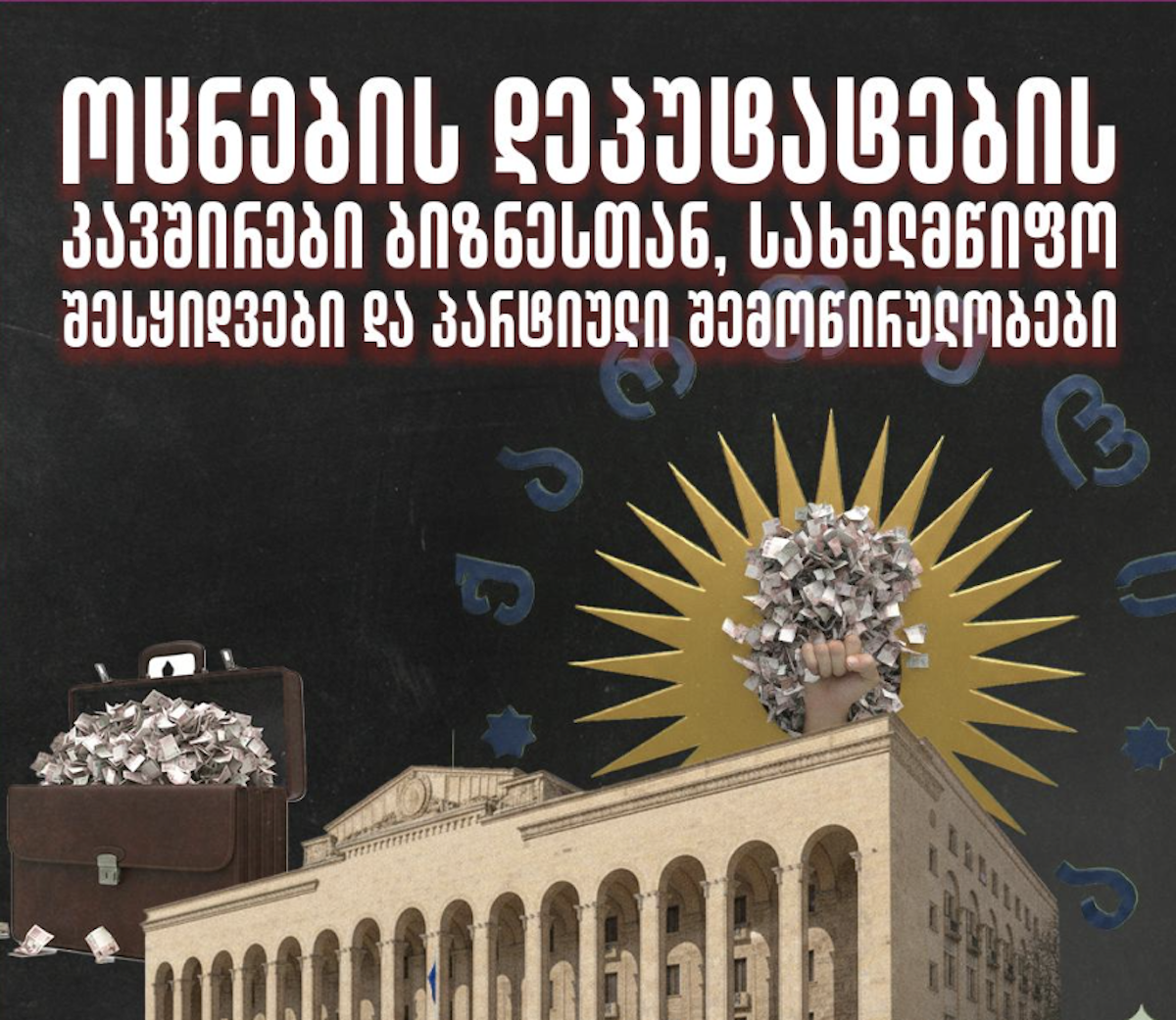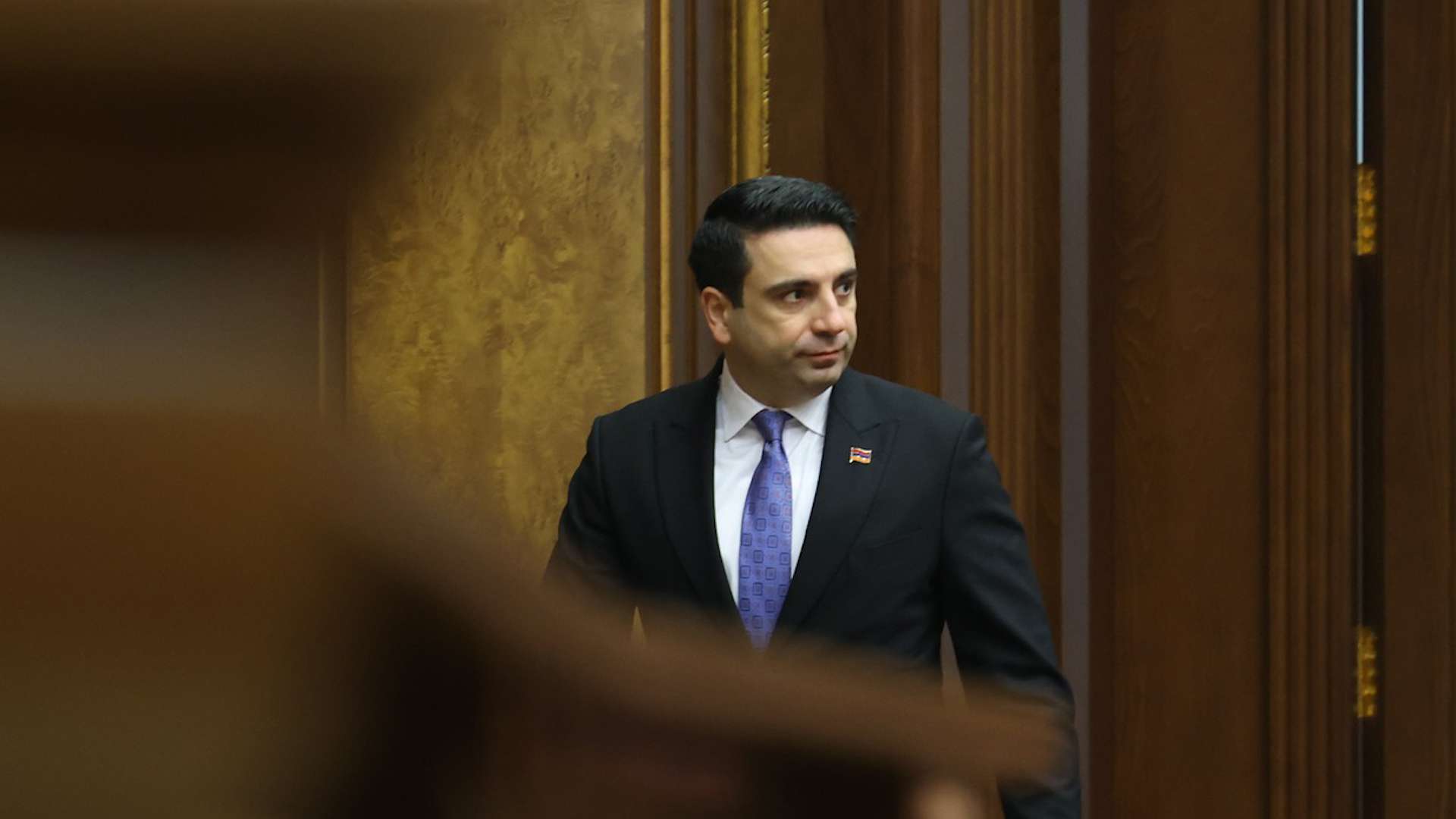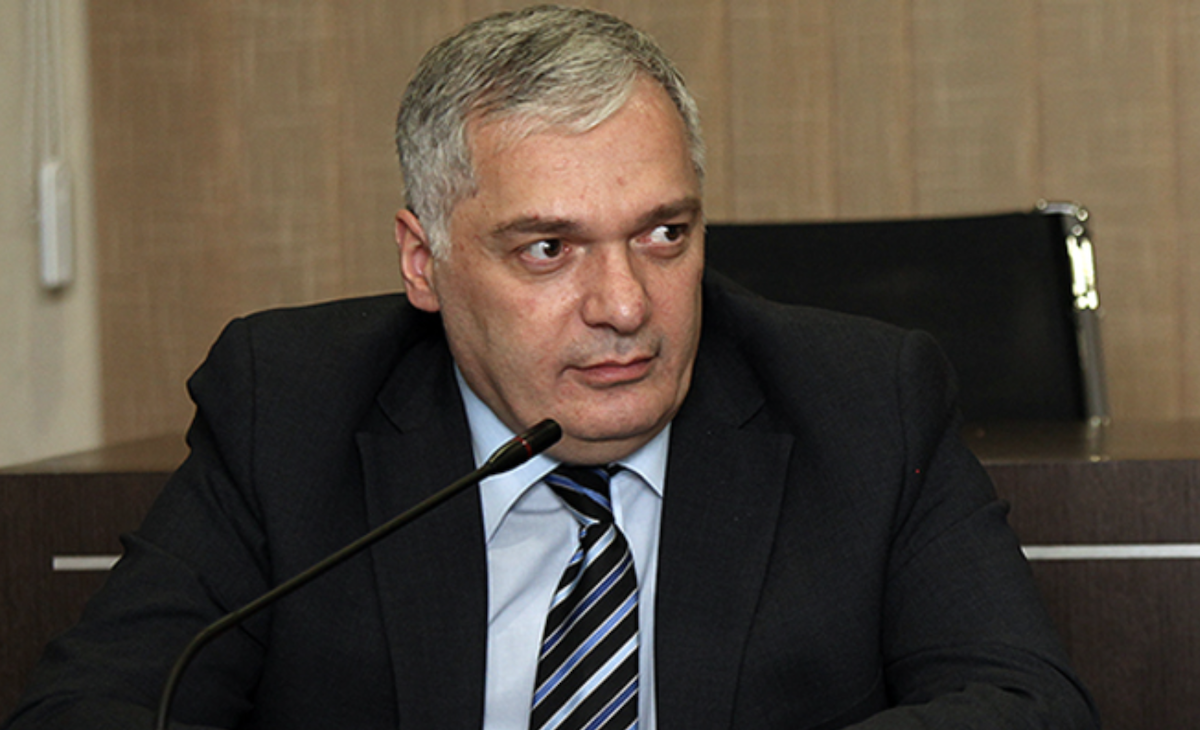North Ossetia: warehouses brimming with alcohol, pharmacies without disinfectants
North Ossetia-Alania, a republic in the North Caucasus, has the unique opportunity to start producing disinfectants – which have become scarce due to the coronavirus pandemic – for both its population and other regions of Russia.
The area is home to several distilleries and vodka factories, and the republic was once a leader in the Russian alcohol market and the largest producer and supplier of ethyl alcohol and alcohol-containing products in the country.
Warehouses are still packed full of ethyl alcohol, although the distilleries themselves have stopped running. Some of them went bankrupt, others were dismantled, and several were sanctioned by supervisory agencies.
The main problem is that North Ossetia, a republic that has its own president, parliament, and constitution, is unable to make the decision on its own to start up the factories or start producing disinfectants from the large quantities of ethyl alcohol they already have.
To do so, they need permission from Moscow, which only just made a decision on the matter. The first two coronavirus cases in North Ossetia were officially reported on March 31.
A few hours after that, a message came from the presidential press service that alcohol producers were allowed to allocate raw materials to produce disinfectants for use in common areas in apartment buildings.
But why did situation become such a “paradox,” as local experts are calling it?
- Tbilisi, Bolnisi, Washington, Kobuleti – how coronavirus has changed daily life
- Armenia proposes using government bonuses to combat coronavirus
- From fashion designers to restauranteurs – how coronavirus has changed life in Abkhazia
What happened to Ossetian distilleries
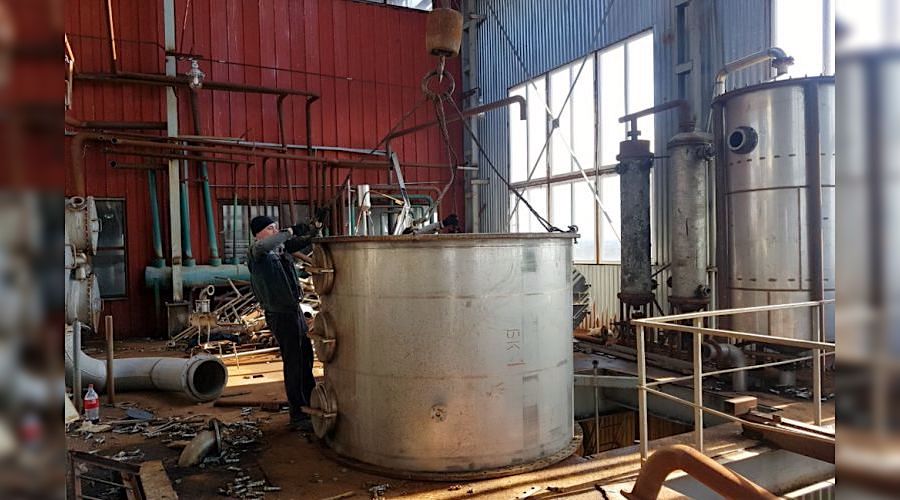
“The whole world has been throwing all their resources into fighting coronavirus, and we have these factories just sitting here. In Ossetia, it is impossible to buy disinfectants, and yet the factories are full of alcohol. We are dying of thirst at a watering hole,” says financial analyst, journalist and blogger Alik Pukhaev.
Both Fayur-Soyuz and Marat LLC hold licenses for producing medical-grade alcohol in North Ossetia. But the Russian Federal Service for Alcohol Market Regulation (or RosAlcohol Regulation, the governing structure in Moscow) has been hindering their work in recent years by citing minor violations.
“For example, they were cited for the fact that medical alcohol was allegedly used for the production of counterfeit vodka, although no one tried to prove it,” says Alik Pukhaev.
In December 2019, the last time Moscow officials came to Vladikavkaz, they actually forced the companies to cease operations.
Since then, the warehouses have been literally overflowing with tanks of medical-grade alcohol.
Some of them tried to sue RosAlcohol Regulation, some are just waiting for a change.
Corruption in Moscow

“There is no clear system that says if you fix the violations, you can continue operations, because the whole structure is corrupt,” says Alik Pukhaev.
Irina Golosnoy, a former deputy head of RosAlcohol Regulation, has opened a criminal case on charges of abuse of authority.
The former head of RosAlcohol Regulation, Igor Chuyan, has been put on the international wanted list for charges of multi-billion dollar fraud.
Under his leadership, equipment was taken from Ossetian and Kabardian distilleries and used to assemble “knock-off” “Frankenstein” factories somewhere in central Russia.
Then the money received there was laundered through OFK Bank and withdrawn from Russia abroad.
Pukhaev is confident that corruption destroyed Ossetian alcohol producers.
“How much tax money was taken from the budget after these enterprises were forced to close? And how now they could make good money producing medicines and disinfectants, including supplying them abroad, to the Czech Republic, to Poland.
“They could use this to grow the republic’s economy, soften the blow from the coronavirus, and help others,” says Pukhaev.
Pukhaev also has a few concrete suggestions.
He believes the situation can be solved by the head of North Ossetia, Vyacheslav Bitarov, if he directly addresses the Russian president. He needs to tell Putin about the risks, the growing tension in society, the unemployment rate – and offer to start production back up, thus increasing tax revenues.










